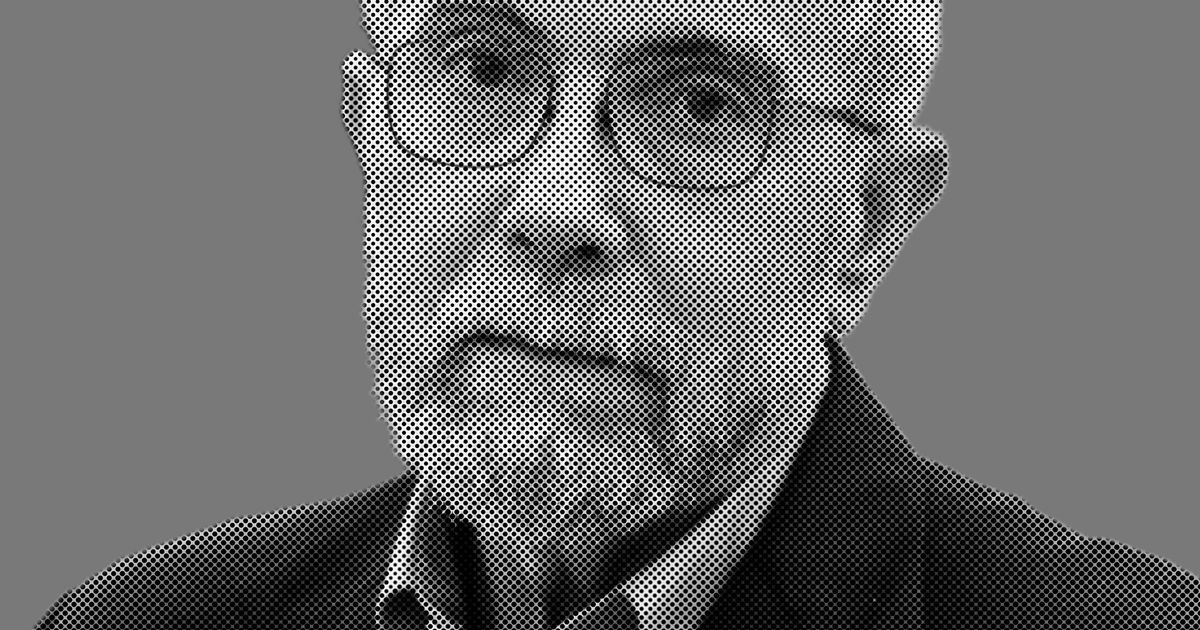You all just keep “Nuh-uh!”-ing yourselves right into a second trump presidency. The fact of the matter is that economists and politicians exclude food and energy costs from inflation calculations, then just want us to believe “the people are wrong.” Fuck that shit.
I think it’s a deeper disillusionment with the economy. Anyone who isn’t truly rich is coming to the conclusion that it’s becoming increasingly hard to get ahead in the economy over the long term, and the measures they use for economic health are becoming increasingly divorced from this reality. Things getting mildly better for some people over the recent past don’t offset people’s economic realities.
Food and fuel are both included in CPI, they’re left out of core CPI because they’re noisy. Food CPI alone for the past year is at 2.2, and gasoline is at 1.3.
Also for the latest release, core CPI is 3.8, while including food and fuel it’s only 3.5. Because the cost of fuel oil and utility gas were both over 3 percent negative.
Food and energy costs fluctuate wildly, mostly due to external factors (OPEC, geopolitical landscape, global futures markets, etc), so they are excluded when making policy decisions because they would add too much noise. Nevertheless, energy costs affect the cost of nearly everything else, so it is indirectly reflected in the data.
I could be wrong, but I mostly agree with the premise of the article. All the data I’ve seen shows most people are better off compared to 2019 (which also excluded the same stuff). As the article states, consumer spending habits are also reflective of good economic conditions. Anecdotally, everyone I know is at least a little better off since 2019, financially (lower to upper middle class, and a few upper-class people). I see a lot of “help wanted” signs with wages higher than the 20% inflation since 2019. So, I’m curious why the polls and generally everyone says the economy is worse.
One bad indicator I’ve seen are the costs of home down-payments outstripping inflation (which would mostly affect would-be first-time homebuyers). That has been following the same trend for decades though. There have been a lot of tech mass layoffs, but that only affects a small percentage of people. Taxes have increased for very high income people ¯\(ツ)/¯.
I’m no Biden simp (though I prefer him to Trump). I think the economy is mostly outside the president’s control. I just find the discrepancy in data, and what people say interesting.
The problem is that for too many years everyone in power only sees GDP as a measurement of a happy population. Because the two do correlate, a lot. We’re finally reaching the end of that correlation, which is usually when the rich take their profits and leave. As in leave everyone to die, after starting a war and taking all the resources.
It doesn’t have to end that way, but it will.
So inflation (sans energy and food, smfh) is 20% since 2019, but wages are ahead of inflation in the whole last year of those 5 years. the year after massive interest rate hikes designed to drive down inflation. Yippee.
How are these economists able to look in a mirror with that sort of bullshit dribbling off their chins?
For years there was a push by economists to include metrics on how people perceive the economy, because that will indicate their spending patterns.
Now, ‘only look at this specific data point, that does not include rents, mortgages or food, and indicates that wages are just slightly above inflation, as long as you don’t go back more than 6.2 months of data as proof that the economy is roaring!’.
deleted by creator
Housing is about 1/3 of CPI. For the median person, their income has increased relative to costs. For many people, it has not, and they have a right to be pissed, but statistically, it looks like people are a little better off comparedto 2019. Don’t get me wrong; even the people who are better off should be pissed about the continued, obscene income/wealth disparity, but that’s a different topic.
deleted by creator
Not sure that would matter. Housing costs for homeowners are calculated by how much rent they would have to pay in their housing market if they were renting: https://www.bls.gov/cpi/factsheets/owners-equivalent-rent-and-rent.htm
Edit: I agree that it’s bad messaging politically, but I find the data and sentiment disconnect interesting. It looks similar to the crime data and sentiment disconnect.
The method of estimating a homeowner’s equivalent rental charges was this question:
“If someone were to rent your home today, how much do you think it would rent for monthly, unfurnished and without utilities?”
So that number seems like it will either be a total ass pull or will be based on the already average rents in the area. Seems like an unreliable dataset to me.
deleted by creator
deleted by creator
I would take economics from a professor who failed to predict inflation during COVID lockdowns with a grain of salt.
Every central bank failed to predict inflation from covid stimulus, or thought that the risk of inflation was worth taking to prevent economic collapse.
More targeted stimuli might have helped the longterm inflation figures and it might have made more sense doing that in hindsight. However it is hard to tell what problems might have arisen if they had taken that route at the time.
Doesn’t matter what other central banks did or what other people did, as an economist, he must know what causes phenomenon. His failure shows he does not understand causation of inflation, whether in a Keynesian sense or classical definition of the word. That is like a car mechanic who has no idea how to fix your car, because he doesn’t know what the problem is.



